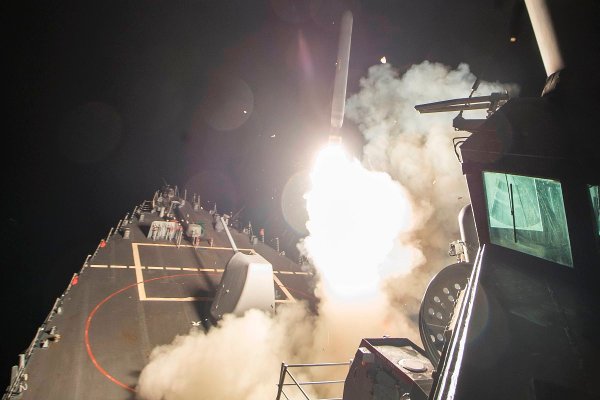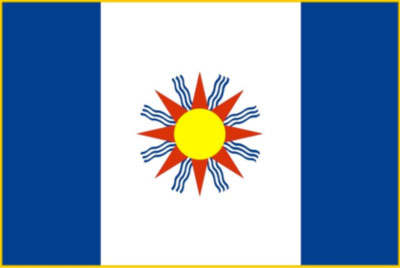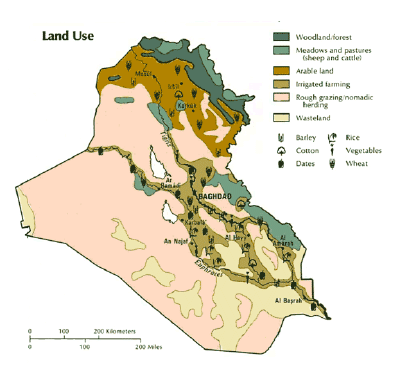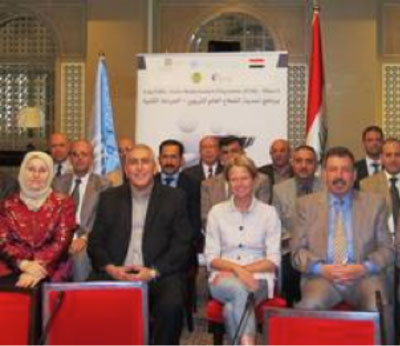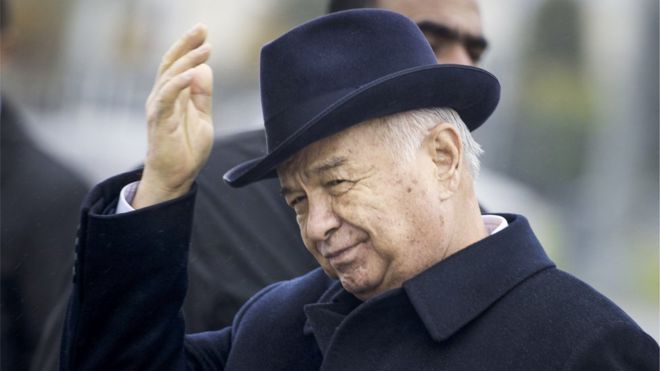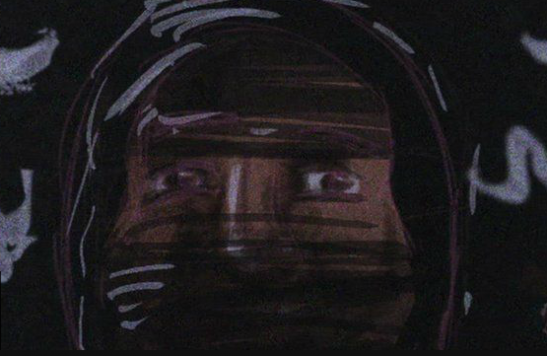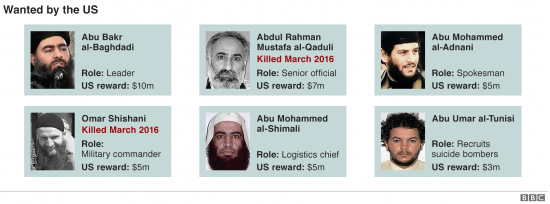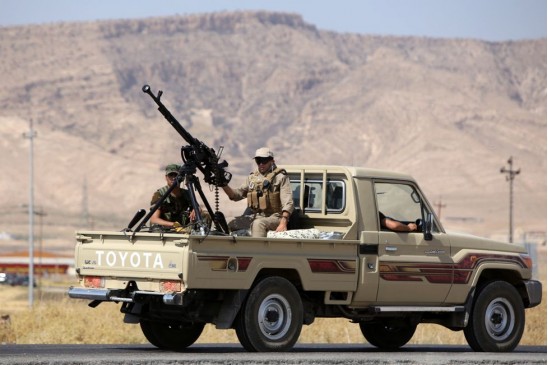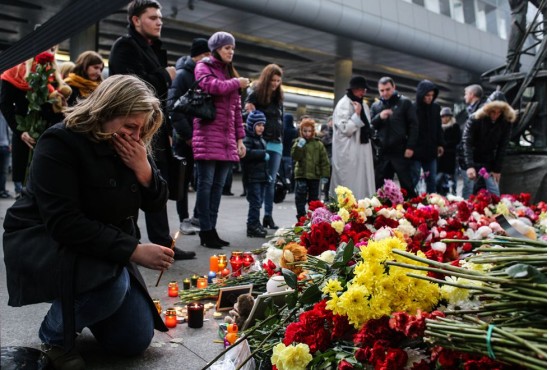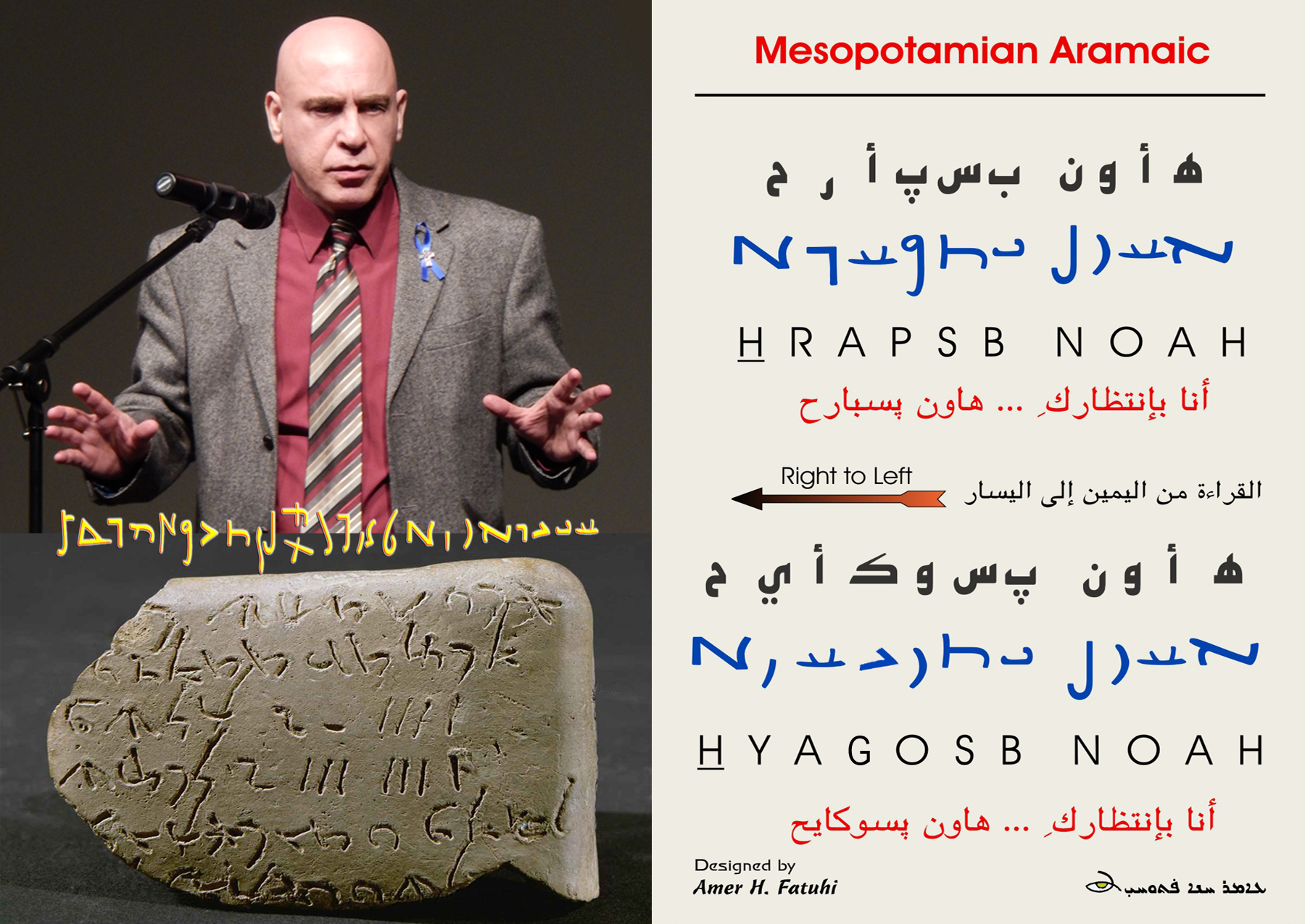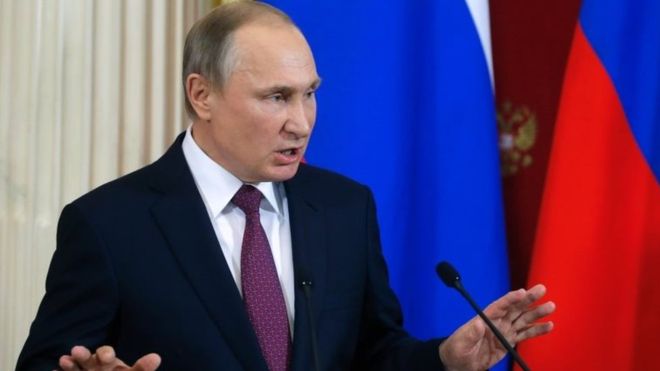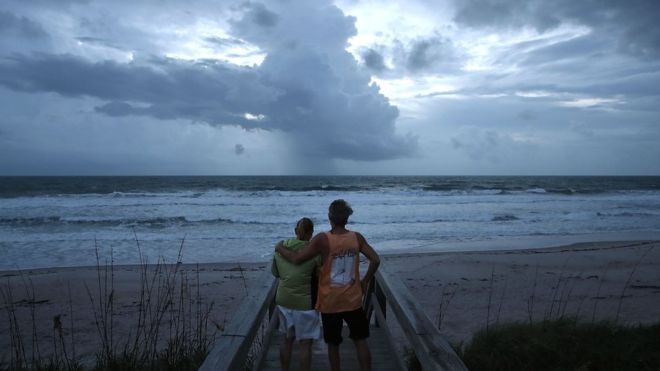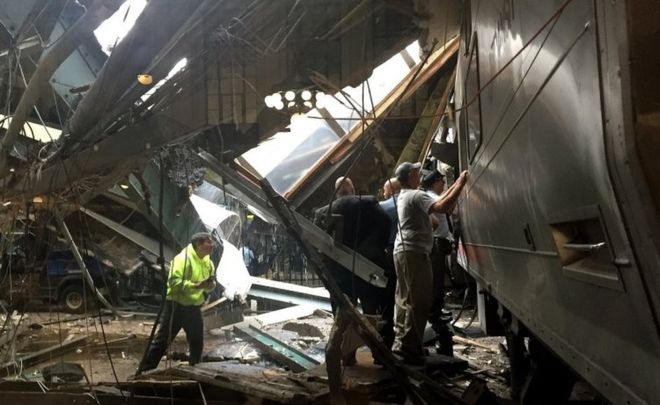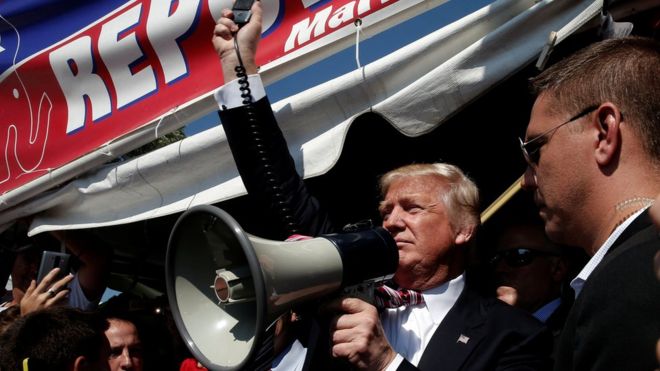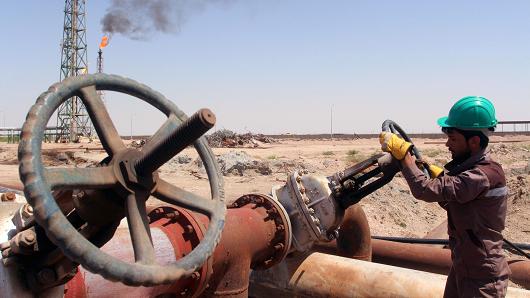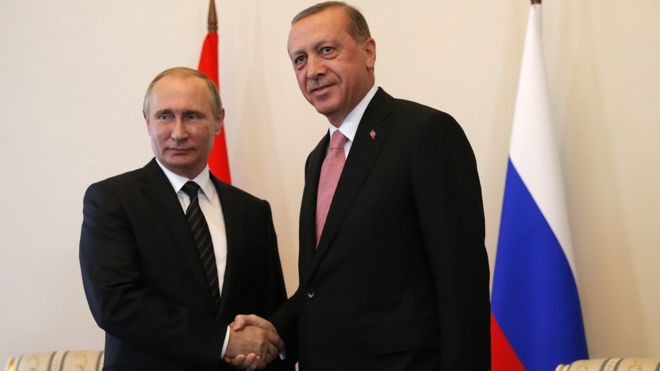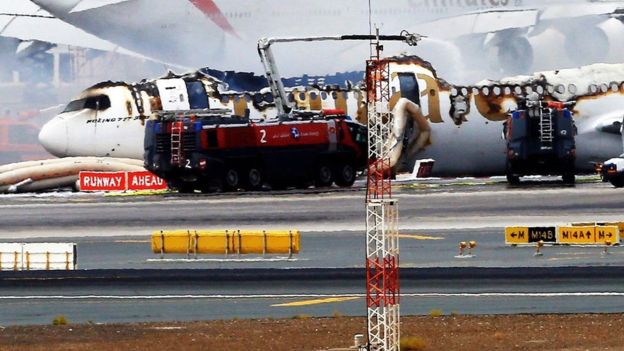Life under 'Islamic State': Diaries
There are IS departments that carry the organisation's grip into every corner of life, including finance, agriculture, education, transport, health, welfare and utilities.
School curricula were overhauled in line with IS precepts, with history rewritten, all images being removed from schoolbooks and English taken off the menu.
"One thing you can say is this," said the Mosul resident. "There is absolutely no corruption, no wasta (knowing the right people and pulling strings). They are totally convinced they are on the right track."
One recent story tells a lot about IS and its ways.
As Iraqi security forces were pressing forward in areas around Ramadi earlier this year, civilians were fleeing the battle - and IS fighters, losing the day, were trying to sneak out too.
Two women, running from the combat zone, approached a police checkpoint.
As they were being waved through to safety, one of the women suddenly turned to the police, pointed at the other, and said : "This is not a woman. He's an IS emir [commander]."
The police investigated, and it was true. The other woman was a man, who had shaved, and put on makeup and women's clothes. He turned out to be top of the list of wanted local IS commanders.
"When IS arrived, he killed my husband, who was a policeman, raped me, and then took me as his wife," the woman told the police.
"I put up with him all this time, waiting to avenge my husband and my honour," she said. "I tricked him into shaving and putting on makeup, then denounced him to the police."
What is life like for women under IS?
"Nour" is a woman from Raqqa, the so-called Islamic State's (IS) capital inside Syria. She managed to escape the city and is now a refugee in Europe, where she met up with the BBC.
This story is based on her experiences and those of her two sisters, who are still inside the IS-held city.
Taking on the world
Having taken over vast swathes of territory in Iraq with their lightning offensive in June 2014, the militants might have been expected to calm down and consolidate their gains.
But, like a shark that has to keep moving or else it will die, IS barely paused before initiating a new spiral of provocation and reprisals that was predictably to draw it into active conflict with almost all the major world powers.
Already, the June offensive had threatened the approaches to Baghdad, prompting the Americans to start bringing in hundreds of military advisers and trainers to see how to help the struggling Iraqi army.
Just two months later, the attack on Kurdish areas in the north triggered US air strikes in defence of the Kurdistan capital, Irbil, and then to help stave off the threat of genocide to the Yazidis. Fourteen other nations were to join the air campaign.
Ten days later, IS beheaded James Foley and the others followed, in line with the doctrine of exemplary brutality as punishment, deterrent and provocation. The most shocking was to come some months later, with the burning alive of the downed Jordanian pilot Moaz al-Kasasbeh. Shock intended.
The US-led bombing campaign was extended to Syria in September 2014 after IS besieged the Kurdish-held town of Kobane on the Turkish border. Coalition air strikes turned the tide there. IS lost hundreds of fighters killed at Kobane and elsewhere. More revenge was called for. IS turned abroad.
From the declaration of the caliphate until early 2016, some 70 terrorist attacks were either carried out or inspired by IS in 20 countries around the globe, from California to Sydney, with an estimated 1,200 victims killed. The attacks carried the same message of punishment, deterrence and provocation as the hostage beheadings, while also demonstrating IS's global reach.
At the same time, they carried through the militants' doctrine of distracting the enemy by setting fires in different locations and making him squander resources on security. For IS, "the enemy" is everybody who does not embrace it. The world is divided into Dawlat al-Islam, the State of Islam, and Dawlat al-Kufr, the State of Unbelief.
The most consequential of these atrocities were the downing of a Russian airliner over Sinai on 31 October and the Paris attacks on 13 November, provoking both Russia and France to intensify air strikes on IS targets in Syria.
Had IS gone mad? It seemed determined to take on the whole world. It was goading and confronting the Americans, the Russians, and a long list of others. By its own count, it had a mere 40,000 fighters at its command (other estimates go as low as half that).
Could it really challenge the global powers and hope to survive? Or can President Barack Obama fulfil his pledge to "degrade and ultimately destroy" IS?

















